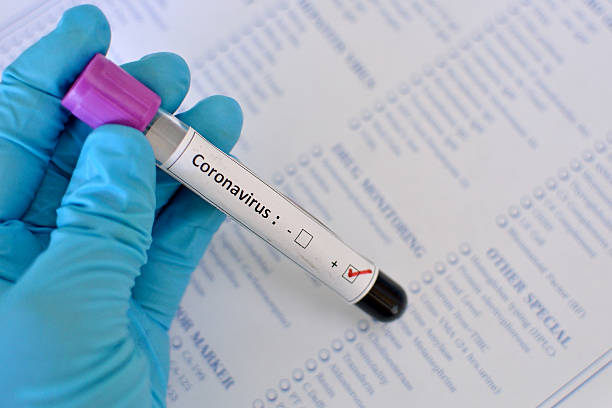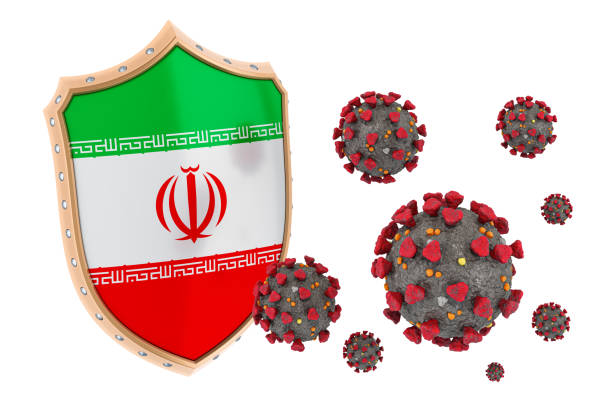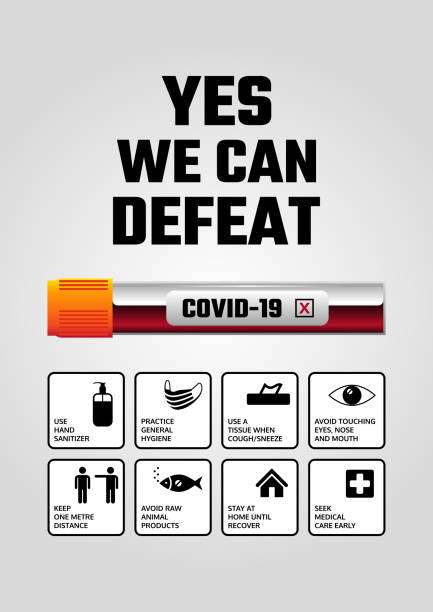Title: The Need for Coronavirus Boosters: Enhancing Immunity and Sustaining Protection
In the wake of the ongoing global battle against the coronavirus pandemic, the concept of "coronavirus boosters" has emerged as a key strategy to enhance immunity and sustain protection against the virus. As vaccines continue to play a pivotal role in curbing the spread of COVID-19, the administration of booster shots has gained traction as a means to address waning immunity and emerging variants. This article delves into the significance of coronavirus boosters, exploring their rationale, effectiveness, and potential impact on controlling the pandemic.
Understanding the Rationale: Waning Immunity and Variant Concerns
The efficacy of any vaccine wanes over time due to the natural decline of immune responses. This phenomenon has been observed with various infectious diseases, and COVID-19 is no exception. Initial vaccine doses, particularly those of mRNA vaccines like Pfizer-BioNTech and Moderna, have proven highly effective in reducing severe illness and death. However, real-world data indicates that vaccine effectiveness against infection and mild disease can decrease after several months.
Furthermore, the emergence of new variants, such as the Delta variant, has added a layer of complexity to the pandemic. Variants possess genetic mutations that may alter the virus's behavior, potentially evading immune responses generated by previous infections or vaccinations. This has led to concerns about reduced vaccine efficacy against certain variants, emphasizing the need for updated vaccines that can provide adequate protection.
The Booster Strategy: Reinforcing Immune Memory
Coronavirus boosters aim to address these challenges by bolstering the immune system's memory response. Just as a second dose enhances the body's initial response, a booster shot can reinvigorate the immune system's ability to recognize and combat the virus. Boosters are designed to increase the production of antibodies and memory B cells, which play a crucial role in fending off future infections.
The administration of boosters is not a novel concept. Many existing vaccines, such as those for tetanus and influenza, require periodic booster doses to maintain optimal immunity. Similarly, COVID-19 booster shots can act as a timely reinforcement to sustain the protection offered by the initial vaccine series.
Effectiveness and Safety: Balancing the Equation
Studies have shown that coronavirus boosters can substantially increase antibody levels, particularly against variants of concern. These elevated antibody levels correlate with enhanced protection against infection and severe disease. While breakthrough infections can still occur, the risk of severe illness is significantly reduced among individuals who have received booster shots.
The safety of booster doses is of paramount importance. Regulatory agencies meticulously assess the safety and efficacy of booster shots before granting approval for their use. The side effects associated with boosters are generally mild and akin to those observed after the initial vaccine doses, including pain at the injection site, fatigue, and mild fever. These transient side effects are indicative of the immune system's response to the vaccine and typically subside within a few days.
Global Implications: Ensuring Equitable Distribution
As discussions surrounding coronavirus boosters gain momentum, the question of equitable distribution arises. Many low- and middle-income countries are still grappling with limited access to initial vaccine doses, making the provision of booster shots a contentious issue. While some affluent nations have initiated booster campaigns, global health organizations emphasize the importance of prioritizing initial vaccinations worldwide to curb the spread of the virus and its variants.
Conclusion: A Path Forward
The concept of coronavirus boosters offers a promising path forward in the ongoing fight against the pandemic. By enhancing immune responses and addressing waning immunity, these additional doses can provide a crucial layer of protection, particularly against emerging variants. However, the administration of boosters must be carried out with consideration for global equity and in tandem with efforts to ensure widespread initial vaccination coverage.
The coronavirus pandemic has underscored the interconnectedness of our world and the importance of collective action. While booster shots offer a way to fortify individual immunity, true victory over the pandemic lies in collaborative efforts that prioritize both local and global health needs. As we navigate these challenges, science, solidarity, and responsible decision-making will continue to guide us toward a safer and healthier future.
In the wake of the ongoing global battle against the coronavirus pandemic, the concept of "coronavirus boosters" has emerged as a key strategy to enhance immunity and sustain protection against the virus. As vaccines continue to play a pivotal role in curbing the spread of COVID-19, the administration of booster shots has gained traction as a means to address waning immunity and emerging variants. This article delves into the significance of coronavirus boosters, exploring their rationale, effectiveness, and potential impact on controlling the pandemic.
Understanding the Rationale: Waning Immunity and Variant Concerns
The efficacy of any vaccine wanes over time due to the natural decline of immune responses. This phenomenon has been observed with various infectious diseases, and COVID-19 is no exception. Initial vaccine doses, particularly those of mRNA vaccines like Pfizer-BioNTech and Moderna, have proven highly effective in reducing severe illness and death. However, real-world data indicates that vaccine effectiveness against infection and mild disease can decrease after several months.
Furthermore, the emergence of new variants, such as the Delta variant, has added a layer of complexity to the pandemic. Variants possess genetic mutations that may alter the virus's behavior, potentially evading immune responses generated by previous infections or vaccinations. This has led to concerns about reduced vaccine efficacy against certain variants, emphasizing the need for updated vaccines that can provide adequate protection.
The Booster Strategy: Reinforcing Immune Memory
Coronavirus boosters aim to address these challenges by bolstering the immune system's memory response. Just as a second dose enhances the body's initial response, a booster shot can reinvigorate the immune system's ability to recognize and combat the virus. Boosters are designed to increase the production of antibodies and memory B cells, which play a crucial role in fending off future infections.
The administration of boosters is not a novel concept. Many existing vaccines, such as those for tetanus and influenza, require periodic booster doses to maintain optimal immunity. Similarly, COVID-19 booster shots can act as a timely reinforcement to sustain the protection offered by the initial vaccine series.
Effectiveness and Safety: Balancing the Equation
Studies have shown that coronavirus boosters can substantially increase antibody levels, particularly against variants of concern. These elevated antibody levels correlate with enhanced protection against infection and severe disease. While breakthrough infections can still occur, the risk of severe illness is significantly reduced among individuals who have received booster shots.
The safety of booster doses is of paramount importance. Regulatory agencies meticulously assess the safety and efficacy of booster shots before granting approval for their use. The side effects associated with boosters are generally mild and akin to those observed after the initial vaccine doses, including pain at the injection site, fatigue, and mild fever. These transient side effects are indicative of the immune system's response to the vaccine and typically subside within a few days.
Global Implications: Ensuring Equitable Distribution
As discussions surrounding coronavirus boosters gain momentum, the question of equitable distribution arises. Many low- and middle-income countries are still grappling with limited access to initial vaccine doses, making the provision of booster shots a contentious issue. While some affluent nations have initiated booster campaigns, global health organizations emphasize the importance of prioritizing initial vaccinations worldwide to curb the spread of the virus and its variants.
Conclusion: A Path Forward
The concept of coronavirus boosters offers a promising path forward in the ongoing fight against the pandemic. By enhancing immune responses and addressing waning immunity, these additional doses can provide a crucial layer of protection, particularly against emerging variants. However, the administration of boosters must be carried out with consideration for global equity and in tandem with efforts to ensure widespread initial vaccination coverage.
The coronavirus pandemic has underscored the interconnectedness of our world and the importance of collective action. While booster shots offer a way to fortify individual immunity, true victory over the pandemic lies in collaborative efforts that prioritize both local and global health needs. As we navigate these challenges, science, solidarity, and responsible decision-making will continue to guide us toward a safer and healthier future.




